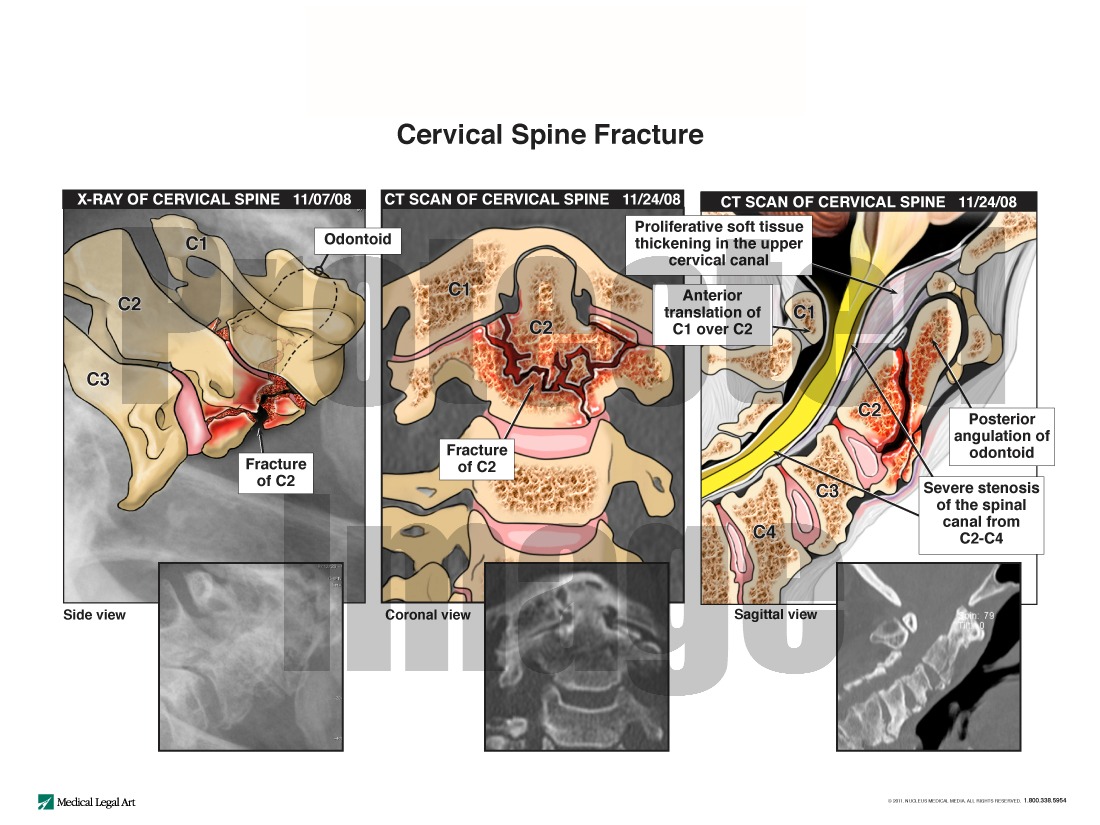A stroke-compromised, immobile nursing home patient was being transferred using a mechanical lift when staff permitted the patient to fall to the floor. Only one aide was present during the attempted transfer despite the fact that two staff members were required to be present at all times during mechanical lift transfers. In addition, discovery revealed that the nursing home was aware, years before the fall, that the lift was defective.

Once the neck fracture and spinal cord compression were diagnosed, the patient was hospitalized. However, because the neck fracture and spinal cord injury had not been timely identified, the patient’s physicians concluded surgery would be of no benefit. The patient began receiving hospice and palliative care, became less responsive, refused medication, and ultimately refused meals. The patient died three and one-half months after the fall. The patient’s family sued the nursing home for its failure to take proper fall prevention measures. The nursing home settled the case for a confidential amount.

